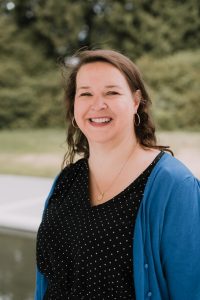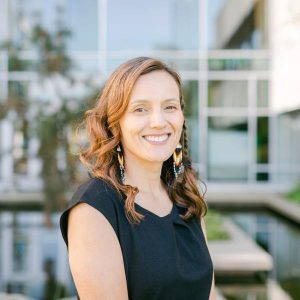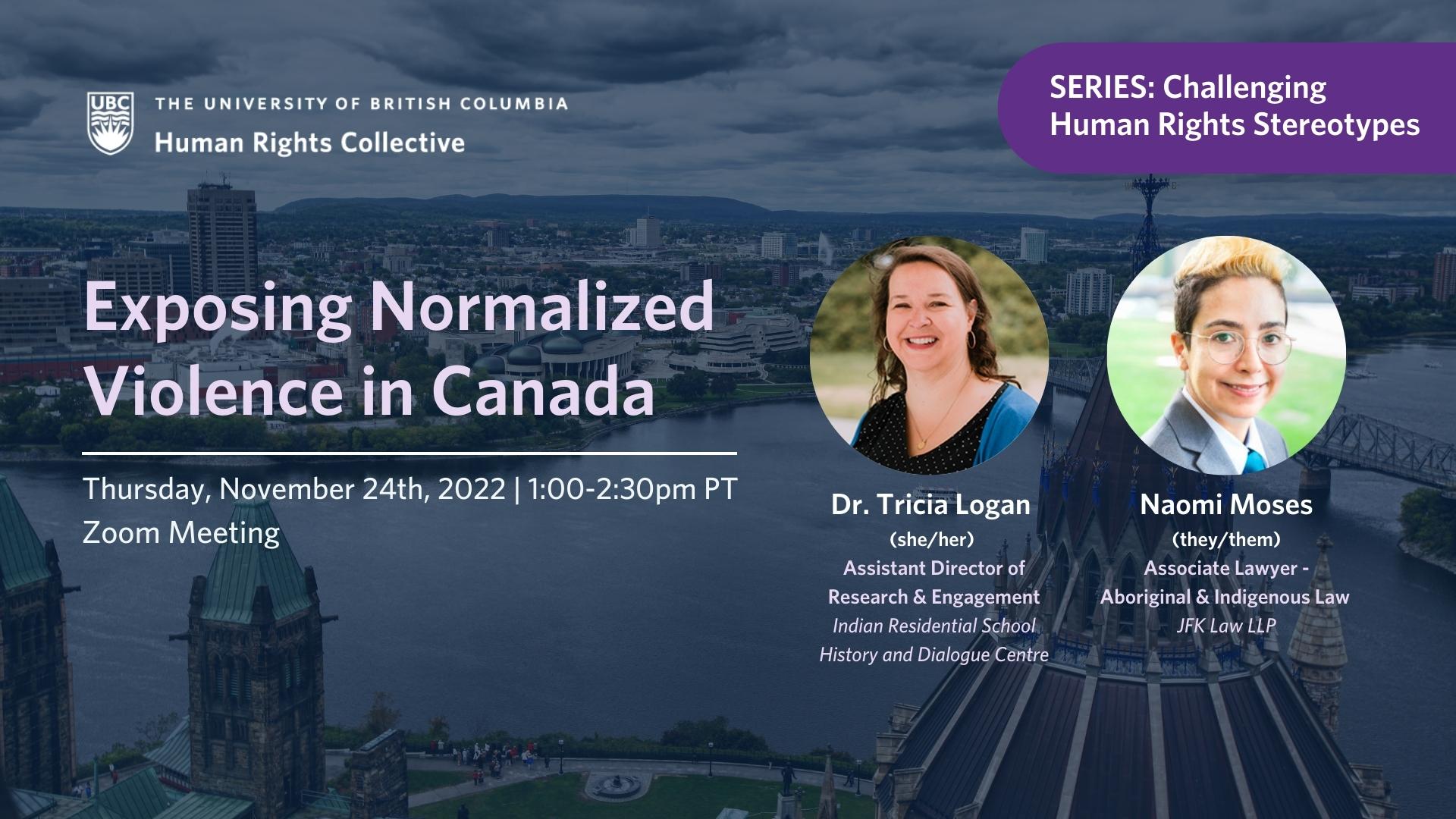About the Event
This session will focus on exposing the normalized realities of human rights abuses in Canada.
Do we think of Canada when discussing major human rights-violating countries?
Canada, one of the leading defenders and advocates of human rights globally, is rarely considered a place with longstanding human rights violations.
Our panelists will expose the realities of human rights abuses that persist beneath Canada’s global reputation as a human rights defender. Our panelists will be confronting Canada’s human rights record by discussing the following issues:
- History of human rights violations in Canada
- What are some of Canada’s persistent human rights violations, and why do we struggle to address such human rights challenges?
- How can we contribute to challenging and addressing human rights violations in Canada?
- What are the hurdles to addressing decades of structural and systematic discrimination against Indigenous People, and how do we confront such hurdles?
Register Here
About the Speakers

Dr. Tricia Logan
Interim Academic Director, Indian Residential School History and Dialogue Centre
Assistant Professor, School of Public Policy and Global Affairs
Dr. Tricia Logan is currently cross-appointed as an Assistant Professor at the School of Public Policy and Global Affairs and as the interim Academic Director of the Indian Residential School History and Dialogue Centre at UBC. Tricia is a Métis scholar with more than 20 years of experience working with Indigenous communities in Canada. She has held roles at the National Centre for Truth and Reconciliation, the Canadian Museum for Human Rights, the Métis Centre at the National Aboriginal Health Organization, the Aboriginal Healing Foundation and the Legacy of Hope Foundation. She has a Master of Arts in Native Studies from the University of Manitoba, and completed her PhD in History at Royal Holloway, University of London. Her PhD is entitled Indian Residential Schools, Settler Colonialism and Their Narratives in Canadian History. Originally from Kakabeka Falls, Ontario, Tricia has worked with Survivors of residential schools, completed research on the Métis experience in residential schools, and worked with Métis communities on a Michif language revitalization project.
Naomi Moses
Associate, JFK Law LLP
Naomi Moses (they/them) is a lawyer at JFK Law in Vancouver, where they are privileged and humbled to practice Aboriginal and Indigenous law in solidarity with First Nations and other Indigenous clients. Naomi also practices class action litigation, criminal defence (specializing in wrongful convictions), and constitutional law. Naomi’s work with Indigenous clients (First Nations, Métis, and Inuit) since their articling period is central to their commitment to honour all their ancestors, both Indigenous and settlers. Naomi’s commitment to Indigenous justice and sovereignty extends beyond their work at JFK and into their community, including through their work with Level’s Indigenous Youth Outreach Program at χpey̓ Elementary School in East Vancouver, with Level’s Blazing Trails mentorship program, and as a law student mentor with the CBA. Naomi has been counsel for the past three years on a BC class action brought by representative plaintiff Mandalena Lewis on behalf of female flight attendants at WestJet Airlines. This class action seeks to address harassment, assault, and sexual assault in the WestJet workplace. Naomi’s work and relationship with Mandalena has been transformational and forms much of the foundation for their work, study, and advocacy aimed at eliminating workplace harassment, sexual assault, and discrimination on the basis of gender and sexual identity.
About the Moderator:

Cheyenne Campbell
Third year student, Allard School of Law
Indigenous Law Students Association Co-President
Indigenous Legal Studies JD Summer Intensive Program Assistant
Cheyenne is Dene and a member of the Fort Nelson First Nation. Cheyenne is a third year law student at Allard and serves on the Indigenous Law Students’ Association as 2022/2023 Co-president. Cheyenne holds a Bachelor of Arts in First Nations Studies (2010) and a Bachelor of Education (2014) from the University of Northern British Columbia. Cheyenne taught multiple grades until 2020 and dedicated her professional development to the integration and implementation of Indigenous knowledge into curriculum and the classroom. Cheyenne’s legal areas of interest are: Indigenous law; Indigenous legal education and theory; and decolonization of the law, legal systems, and legal education.

